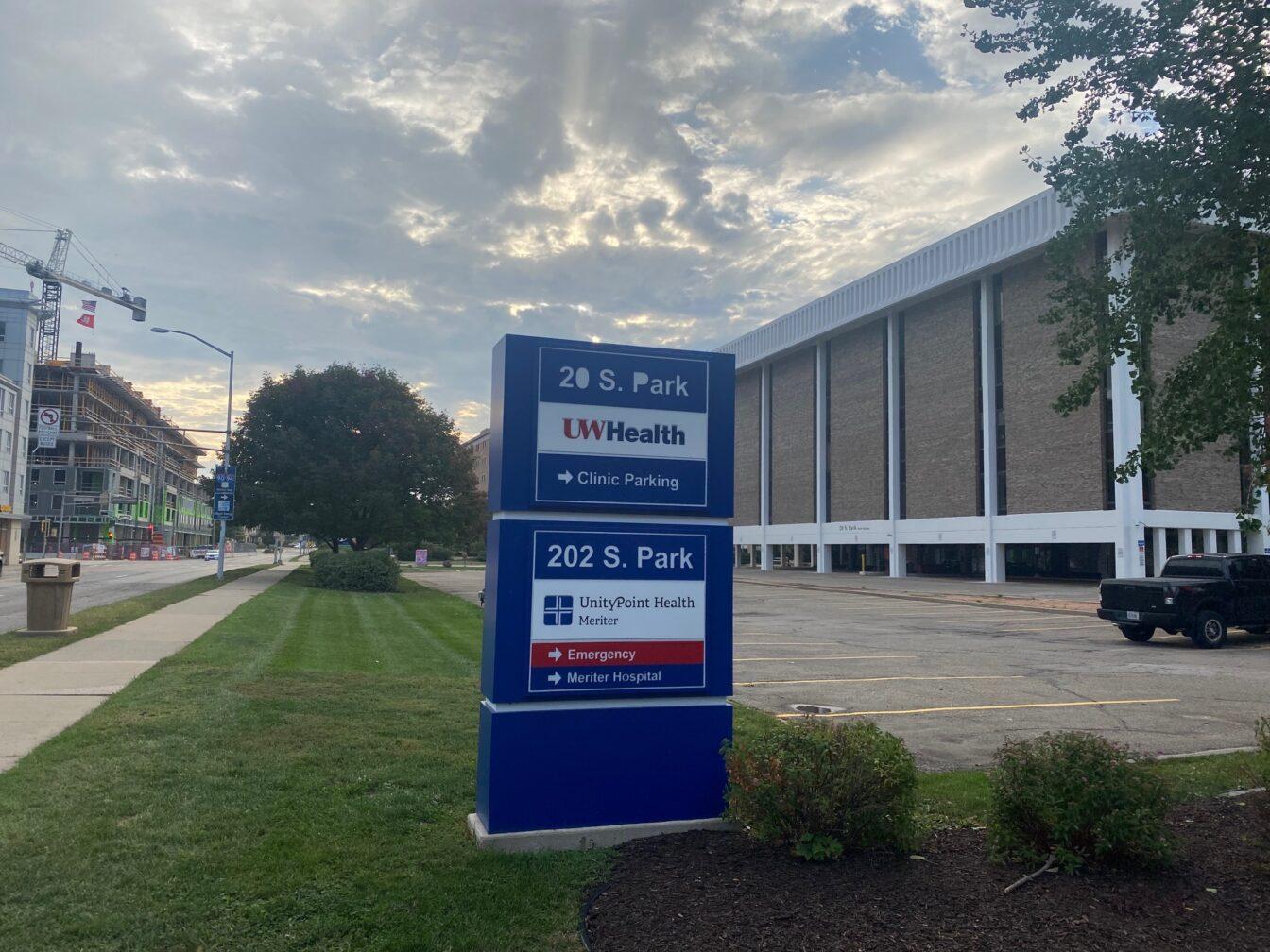The University of Wisconsin transplant team recently collaborated with the UW National Primate Research Center and the UW Veterinary Hospital to pursue a novel kidney transplant procedure involving the transplant of immune cell bodies to aid in organ donor and receiver compatibility.
Kidney transplants are performed following the failure of the renal system and the recovery process uses immunosuppressant drugs that serve as anti-rejection medication, Director of the UW Transplant Center Dr. Dixon Kaufman said. When the body receives a transplanted organ, it recognizes those cells as “non-self” and the immune system begins to attack those cells, which can lead to rejection of the newly transplanted organ.
The purpose of immunosuppressive drugs is to prevent this attack, but they also make patients susceptible to other diseases and infection and have negative effects on the lifespan of the new kidney, Kaufman said.
Wisconsin Dragonfly Society relays importance of dragonfly species through citizen science
In Kaufman’s research on a new procedure to avoid the use of these drugs, his research team transplanted kidneys into monkeys from the UW Primate Center and effectively transplanted immune systems from the original donor, Kaufman said.
The research team used low-dose radiation one day after the kidney transplant on subject monkeys to temporarily suppress critical parts of the immune system. Ten days after this procedure, they transplanted immune and blood cells from the donor into the recipient monkey, Kaufman said.
The UW Veterinary Hospital uses a device named TomoTherapy which enables the researchers to target critical portions of the immune system such as the lymph nodes, according to Kaufman.
Researchers treated the subject monkeys with TomoTherapy at these critical spots, which suppressed the monkeys’ immune systems. In order to succeed, it was performed Monday through Friday for two weeks before the injection of immune and blood cells from the donor, Kaufman said. TomoTherapy is a new component of kidney transplantation procedures like this because it was formerly used for small animals only.
After 10 days of the low-radiation therapy, researchers injected both immune and blood cells from the donor into the kidney recipient, according to UW News.
When the transplant was taken, the team had achieved chimerism in the monkeys. Chimerism is the biological concept of an organism having two sets of cells, much like the process of donating and transplanting bone marrow, Kaufman said.
By manipulating the body’s original immune cells, TomoTherapy enabled the donor’s cells to coexist with the recipient’s cells. Without TomoTherapy, immune cells, specifically T-cells, would likely attack the new cells, leading to rejection episodes, Kaufman said. Rejection episodes harm the kidney and can lead to serious complications.
“For the first three months, it [the recovery process] is more intense but it goes down significantly after,” Kaufman said.
Advanced statistical model found to better predict El Niño, UW research says
After transplantation recipients receive three sets of immunosuppressant drugs, however, researchers can wean the recipient off those drugs much quicker than in normal transplants, Kaufman said.
The goal of this research is to help patients return to normal life and health by reducing the amount of time they must take immunosuppressants. By creating a tolerant immune system kidneys can perform better and for longer, Kaufman said.
“It is possible to achieve tolerance and … people can live better and be easier to take care of,” Kaufman said.
Kaufman and his team work closely with the University Hospital nephrologist Dr. Sandesh Parajuli. The nephron is the functional unit of the kidney, according to the University of Nottingham. Parajuli is responsible for the recovery care of many transplant patients and works closely with immunosuppressant drugs.
While patients wait for kidney transplantation, they are placed on dialysis, Parajuli said.
According to the National Institute of Health, dialysis is a treatment that performs the same function as kidneys — it filters waste and water from the blood, which helps control blood pressure and salt concentrations.
Dialysis can be almost a part-time job, Parajuli said. Dialysis tends to include three sessions per week, up to four hours each visit for a total of 10–12 hours per week, according to the NIH.
Kaufman’s research is part of a NIH study group that funds grants for this specific immune modification in transplants. There are several other groups that are attempting to solve this issue in their own unique way, like the New York Presbyterian-Columbia group.
NYT health reporter shares 5 lessons learned from reporting on COVID-19
Kaufman’s novel technique is special because it deals with one haploid match patient, while others are working with identical matches. Haploid refers to a single set of chromosomes, out of two total in the human genome, according to The National Human Genome Research Institute.
One haploid match means patients are not identical genetic matches, however, they are compatible for a transplant. The most common rejections occur in these one haploid transplants, Kaufman said.
Kaufman said his research has implications beyond kidney transplants and may be the key to solving several autoimmune diseases, such as cystic fibrosis, diabetes and celiac disease in the future.


















